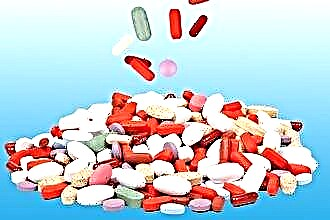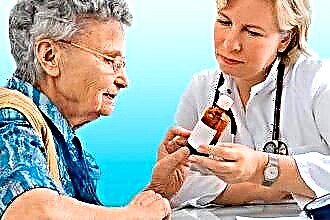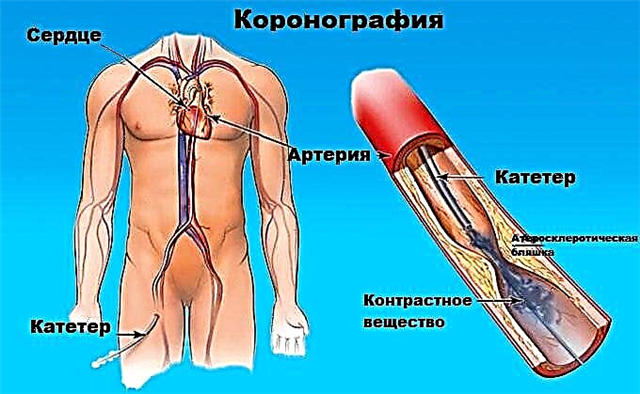The most common cause of a runny nose in infants is viral and bacterial infections, allergic reactions. Also, rhinitis can occur in the process of adaptation of the nasopharyngeal mucosa of the newborn to new environmental conditions. But whatever the reason, at the first signs of rhinitis, parents think about whether it is possible to bathe the baby with a runny nose, whether the procedure will harm the weakened body, or it is better to refrain from hygiene procedures until complete recovery.
Rhinitis causes
Only an experienced doctor can often determine the exact cause of a cold in infants.

Hypothermia
Often, mucous nasal discharge can appear as a result of hypothermia, prolonged exposure to a draft, under an air conditioner.
If rhinitis has arisen under the influence of pathogenic microorganisms (viruses or bacteria), then most often the disease will be accompanied by redness in the throat, fever, general weakness, and coughing.
Allergic
The immune system of a newborn has not yet been formed, therefore, the body will often react incorrectly to external stimuli, provoking the development of allergic reactions. Allergies can be to dust, pet hair, pollen, food, odors.
Physiological
In an infant, a runny nose in the form of liquid transparent nasal discharge can occur as a result of the natural process of adaptation of the child's body to new environmental conditions. This condition of the nose is normal for children in the first months of life and should not cause concern for parents and become a reason for restrictions on bathing or going outside.
Features of bathing with a cold
Colds accompanied by rhinitis are not a ban on bathing the baby. However, there are a number of features of hygiene procedures during colds in newborns, the observance of which will help alleviate the patient's condition without causing harm.
- swimming is not allowed at elevated body temperature (above 38 degrees);
- the water temperature should be at the level of the physiological body temperature, even if the child is used to swimming in cooler water;
- immediately after the bath, it is better to put the patient to bed, wrapped in a warm blanket, so it is advisable to swim in the evening before going to bed;
- decoctions of medicinal plants, sea or table salt, essential oils can be added to the water.
Important! It is necessary to add oil products to the bath carefully, after dissolving a couple of drops in soapy water, and also making sure that the child is not allergic.
Warm baths have positive properties, helping a speedy recovery:
- under the influence of warm water, the pores expand, and together with sweat, toxins and microbes are removed from the body;
- the respiratory tract is moistened, viscous mucus is liquefied, blowing out is facilitated;
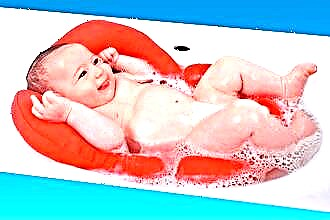 inhalation of warm steam helps to reduce the swelling of the nasal mucous membranes, more effectively fight pathogenic microorganisms, especially if essential oils or herbal infusions have been added to the water;
inhalation of warm steam helps to reduce the swelling of the nasal mucous membranes, more effectively fight pathogenic microorganisms, especially if essential oils or herbal infusions have been added to the water;- warming baths before bedtime improve falling asleep, providing a weakened body with proper rest and recuperation during a night's sleep;
- Warm baths with the addition of sea salt also have a beneficial effect on the child's body, and salt water, which often enters the child's nose, can provoke sneezing, more efficient sputum discharge, and cleansing of the nasal passages.
Contraindications
Despite the fact that it is possible and even necessary to wash a child with a cold, there are a number of factors, in the presence of which bathing will be contraindicated.
- It is worth limiting hygiene procedures, if the child has even moderate hyperthermia, in this case it is advisable to simply wash and wash the baby.
- Also, do not swim if the baby is lethargic, often capricious, because such a state may precede a rise in temperature.
In all other situations, even if a child's runny nose is accompanied by a cough and lack of appetite, it is imperative to redeem the child, because often water procedures not only help to cope with a runny nose, but also improve appetite and sleep quality.
It should also be understood that if for the above reasons bathing a child is impossible, one or two days without taking a bath with proper care and timely diaper change will not harm the body.
Healing bath recipes
There are many medicinal herbs, infusions of which are indicated when taking baths, especially in childhood. Most often baths with the addition of decoctions are shown:
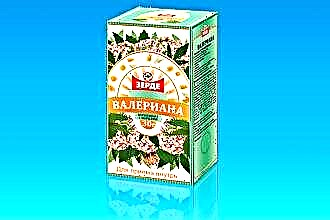 to normalize sleep (lavender, mint, fir, valerian, motherwort);
to normalize sleep (lavender, mint, fir, valerian, motherwort);- treatment of skin diseases such as prickly heat, diaper rash (string, chamomile);
- to normalize the intestines, with frequent colic;
- in the treatment of diseases of the upper and lower respiratory tract (fir, eucalyptus, sage, chamomile).
To prepare a medicinal broth, you need to take three large tablespoons of dry matter, pour a liter of hot water, insist, strain and add to the baby bath before bathing. Leisure prostitutes Voronezh Real profiles
To prepare a salt bath, dissolve one and a half tablespoons of table or sea salt in warm water before bathing. Adding a few drops of pine and eucalyptus essential oils will help to increase the effectiveness of the procedure.
For the preparation of medicinal baths, you can also use ready-made pharmaceutical compositions (Baby Born "Gathering herbs", Our mother "Healing bathing") and sea salt with the addition of essential oils. Such funds will be more effective when bathing babies to relieve the symptoms of a runny nose in comparison with self-prepared means, because special technologies allow you to extract up to 90% of active substances from plants.

 inhalation of warm steam helps to reduce the swelling of the nasal mucous membranes, more effectively fight pathogenic microorganisms, especially if essential oils or herbal infusions have been added to the water;
inhalation of warm steam helps to reduce the swelling of the nasal mucous membranes, more effectively fight pathogenic microorganisms, especially if essential oils or herbal infusions have been added to the water; to normalize sleep (lavender, mint, fir, valerian, motherwort);
to normalize sleep (lavender, mint, fir, valerian, motherwort);